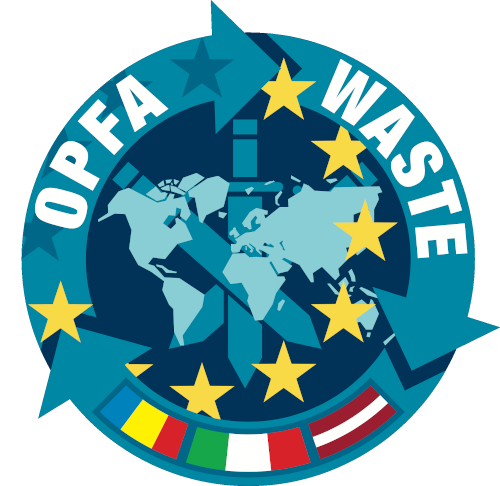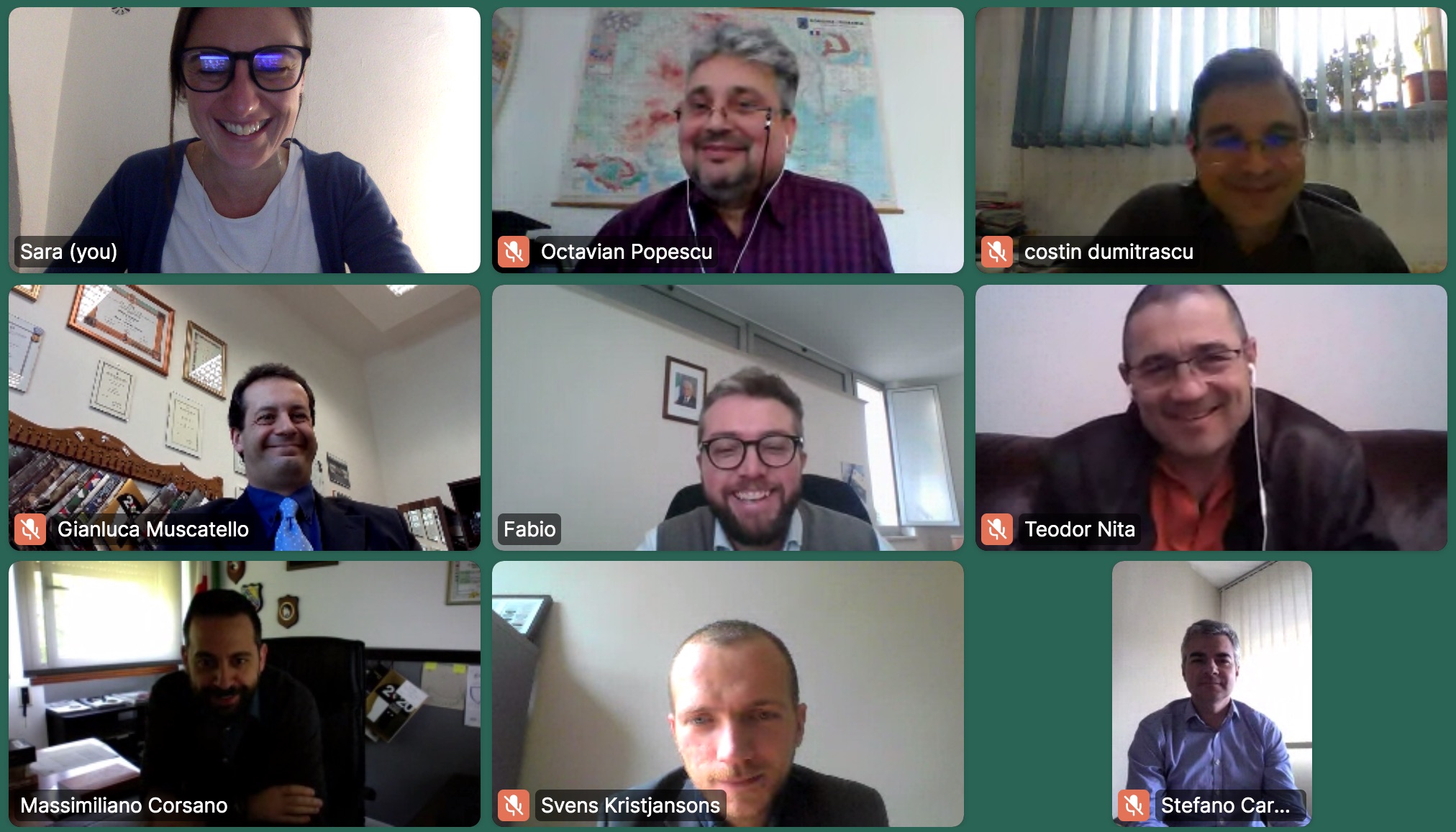While Covid19 emergency is posing global level challenges the OPFA-WASTE project team keeps focused on tackling the increasing threat represented by environmental crime and, specifically, Illicit Waste Trafficking (IWT).
On 23-24 April the multidisciplinary Core Team of experts on environmental, financial and organised crime officially launched the project’s Work Package 2 on video-conference, kick-starting an innovative circular path aiming at setting up an harmonised methodologies in a synergic approach with OPFA-WASTE Facility supported criminal investigations (Work Package 3). The process will lead to the development of a common operational code at the end of the project cycle, founded on practical information and up-to-date strategies.
DAY 1 was dedicated to a desk review of the existing material produced in the context of the latest environmental crime initiatives and EU level Joint Police Operations. The discussion was framed in the context of the current EU Policy Cycle (2018-2022), outlining hazardous waste trafficking geographical patterns and environmental criminality main features, as well as the economic scenario where it develops.
DAY 2 saw the team of experts from Italian Carabinieri, Romanian Environmental Guard and Latvian State Police building on the current set of information according to the most recent approaches adopted by their respective Law Enfircement Agencies, and outlining a first set of recommendations bound to be updated throughout project duration.
A big share of the OPFA-WASTE project potential stems from the representation of its consortium partners of three geographical blocks (Mediaterranean, Eastern European and Baltic) characterized by different ways of approaching Illicit Waste Trafficking at all levels: institutional, legislative and investigative.
The collaboration opportunity offered by OPFA-WASTE to these diverse realities will greatly enrich the respective Law Enforcement Agencies, while representing a priceless opportunity to improve EU level police cooperation and benefit the wider EU and international communities.

